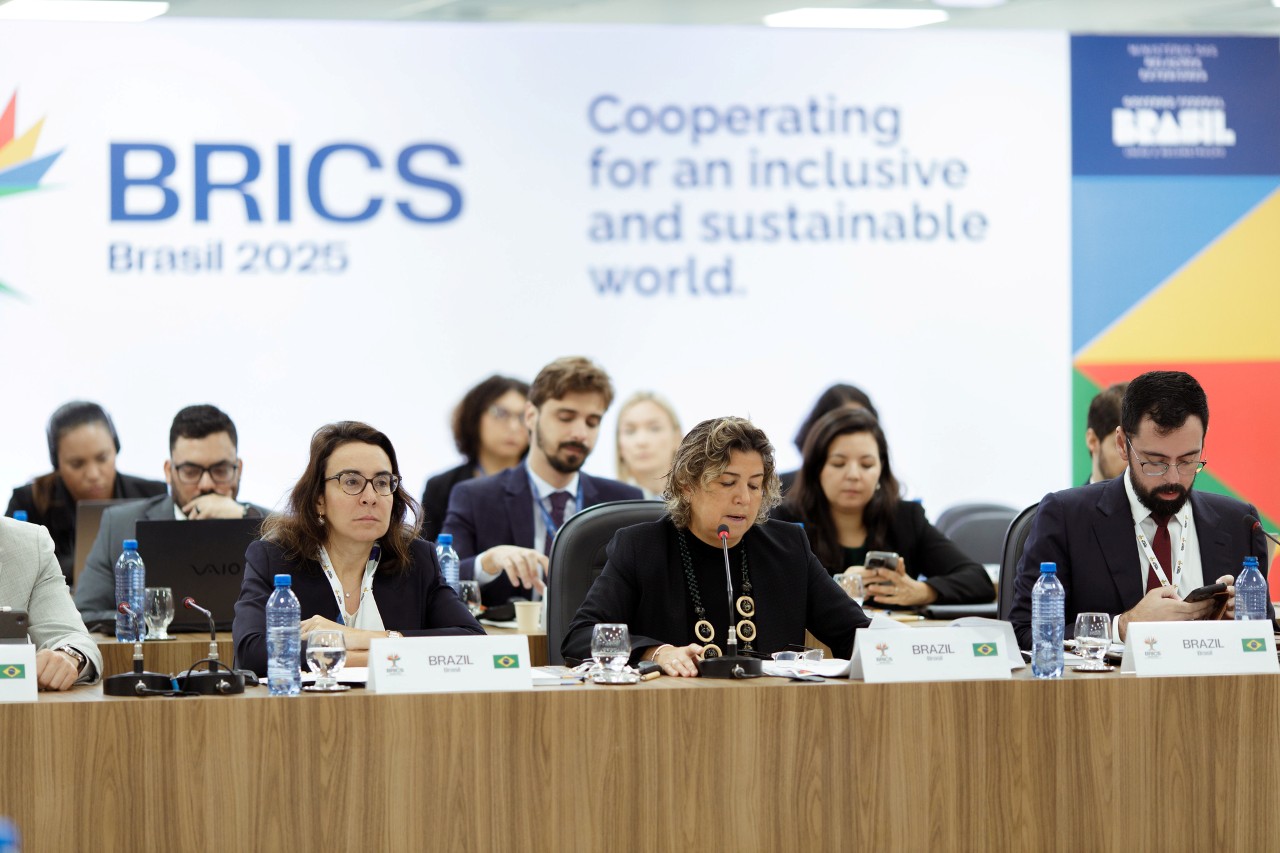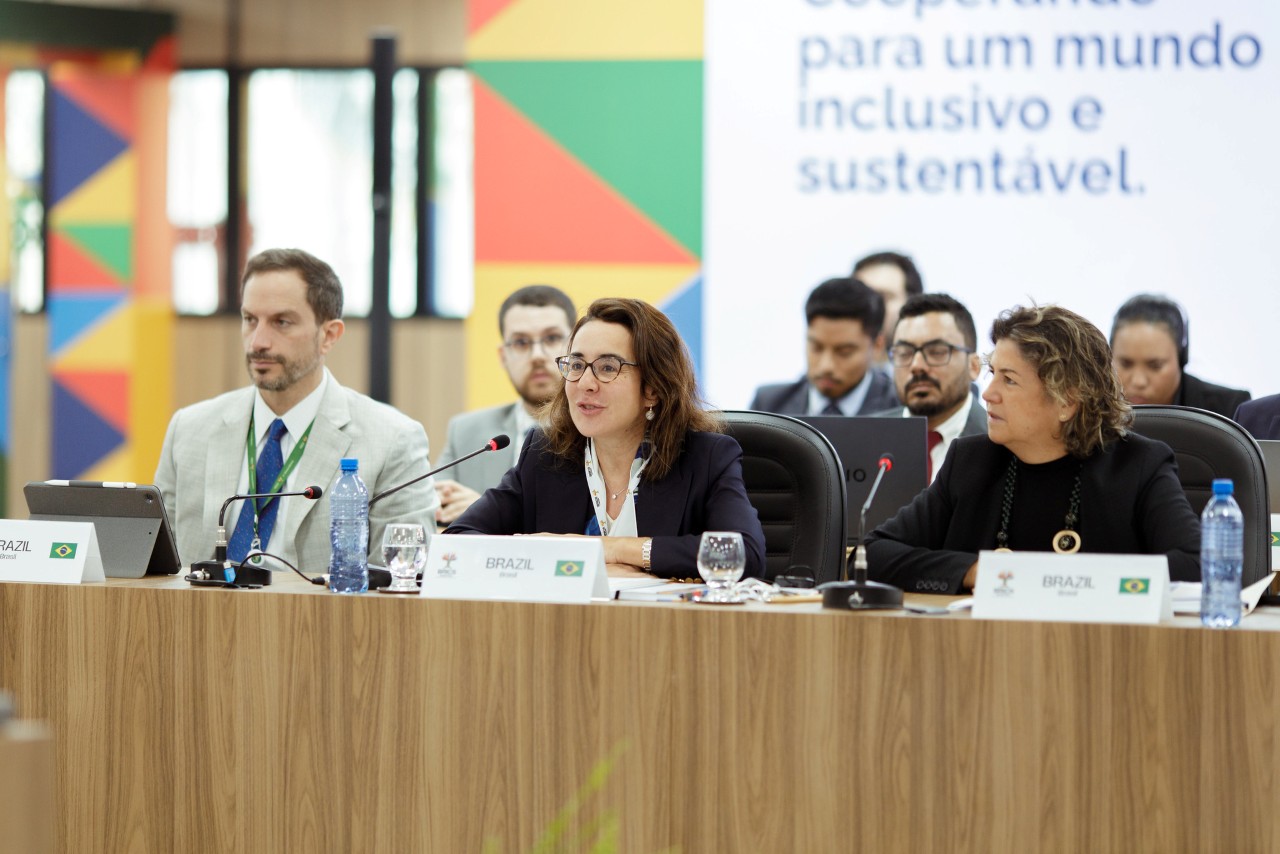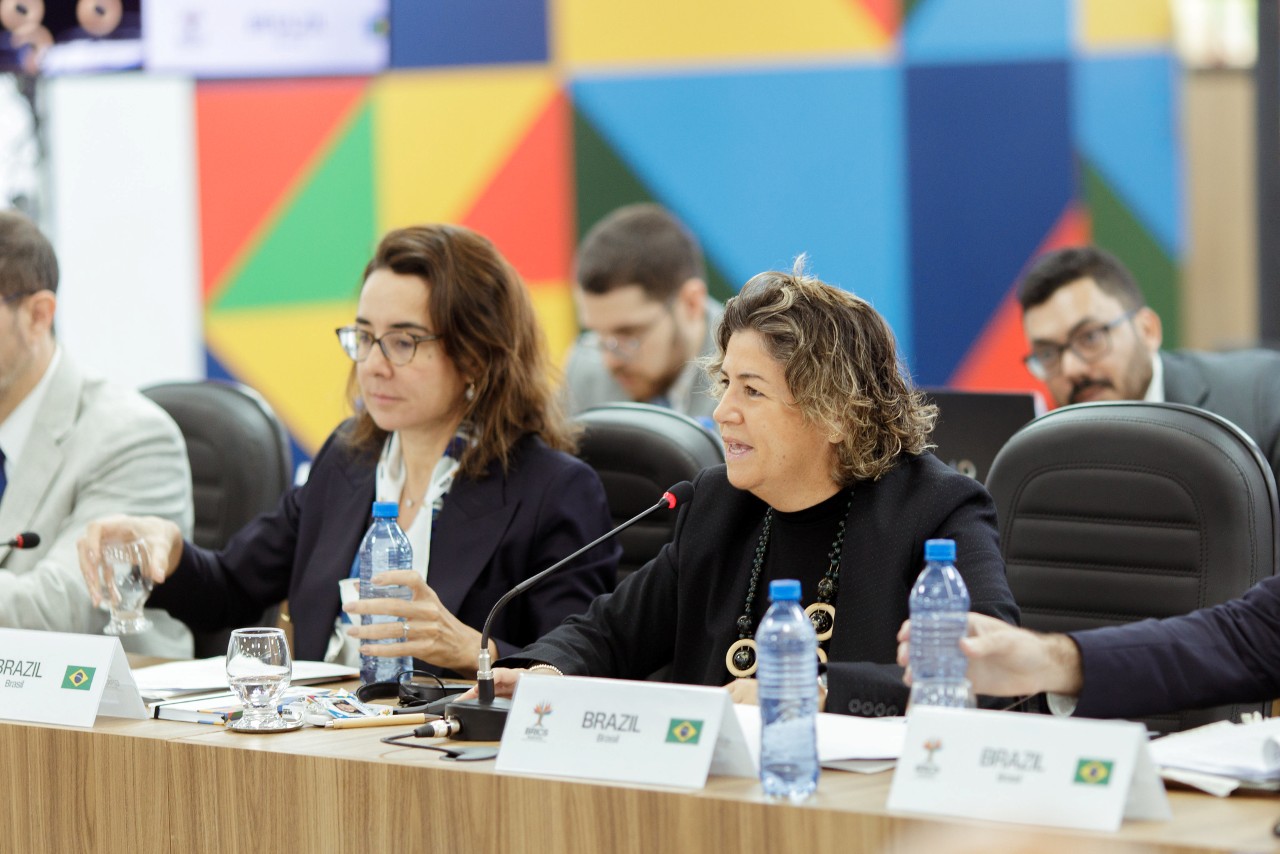Ahead of COP30, the BRICS issued their first climate finance recommendation
The document addresses the need to reform multilateral development banks in order to mobilize private capital for climate action in Global South countries. It will be presented to world leaders at the group's upcoming summit

By Mayara Souto / BRICS Brasil
On Wednesday, May 28, a landmark document on climate finance was approved at the BRICS High-Level Meeting on Climate Change and Sustainable Development. The document outlines ways to implement climate action in Global South countries. It is expected to contribute to efforts toward COP30 (the United Nations Climate Change Conference), which will be held in Brasil in November and seeks to advance climate investments.
"This is the first document to guide collective BRICS action in climate finance. It involves reforms to multilateral banks, increased concessional financing, mobilization of private capital, and other regulatory issues to ensure financial flows reach developing countries," explained Tatiana Rosito, Brasil’s Secretary of International Affairs at the Ministry of Finance (Secretária de Assuntos Internacionais do Ministério da Fazenda).
The BRICS Framework Declaration for Leaders on Climate Finance was officially approved at the vice-ministerial level and will be presented to heads of state. "This is an ongoing topic that will continue toward COP30 this year. The BRICS viewpoint is crucial as a group of major developing countries from the Global South, and it will help us achieve results by the end of the year," said Ambassador Liliam Chagas, Director of the Climate Department at Brasil’s Ministry of Foreign Affairs (Ministério das Relações Exteriores/MRE).

The COP30 presidency expects several results, one of which is the production of the “Baku-Belém Road Map.” This document details the steps needed to reach USD 1.3 trillion by 2035 to finance climate action.
"Financing is one of the central themes — it was at COP29 and will be at COP30 — especially through the Baku-Belém Road Map, which aims to mobilize USD 1.3 trillion for developing countries. Although it is not a negotiation document, it can help facilitate negotiations and increase climate action. To that end, COP30 President Ambassador André Corrêa do Lago recently established the Circle of Finance Ministers, a group comprising 30 finance ministers, international organizations, experts, statisticians, and private sector companies,” Rosito recalled.
One of the mechanisms designed to increase financing is Brasil’s proposed Tropical Forest Forever Facility (TFFF), which encourages countries to preserve their forests. The initiative has been in development within Brasil’s Ministries of Environment and Finance since the country chaired the G20 last year, and it is expected to be established at COP30.
"This is an initiative that fits very well as an innovative mechanism for mobilizing private capital. We are not exactly asking for contributions, but we are offering an investment mechanism for these countries. This investment will make it possible, with the financial model that is being designed, to leverage 4 to 5 times the resources that could reach more than US 100 billion or USD 125 billion and, from these resources, you would invest them and have a permanent flow of income to contribute to the countries that have tropical forests. In other words, those countries that maintain their forests, that conserve their forests, would receive resources for not deforesting. And all the monitoring would be done by satellites," explained Ambassador Tatiana Rosito.
Further progress

At the BRICS meeting on climate change and sustainable development, progress was made in the area of intellectual property. The goal is to facilitate access to patents, technologies, and new climate-related knowledge. In this context, the member countries agreed to establish a platform for research and applied technology development.
Another outcome is the establishment of a BRICS laboratory to discuss climate-related measures affecting international trade. This laboratory will provide these countries with a space to understand the impact of trade measures on their exports and to forecast necessary adjustments in response to international trade trends and their potential economic impact," added Ambassador Liliam Chagas.
Another important decision from the BRICS meeting was the agreement to discuss carbon accounting. This involves determining the carbon footprint of a product or sector and understanding its impact on exports, imports, and the broader economy," said the director of the climate department at the MRE.
English Version: Trad. Bárbara Menezes
Proofreading by Enrique Villamil
